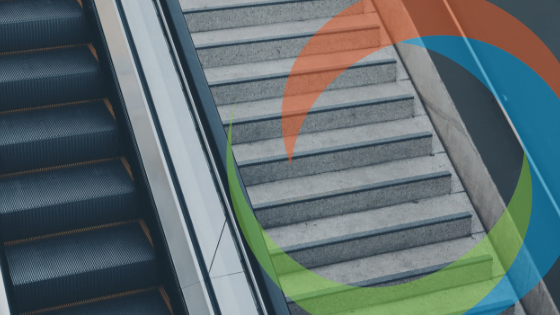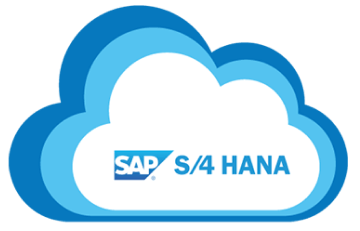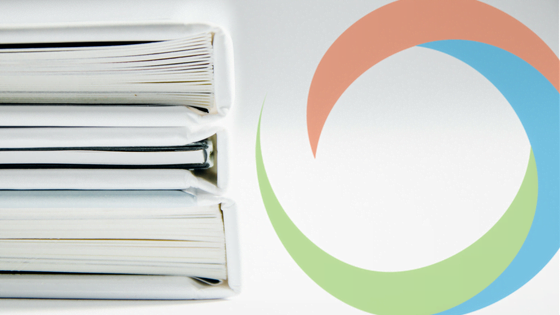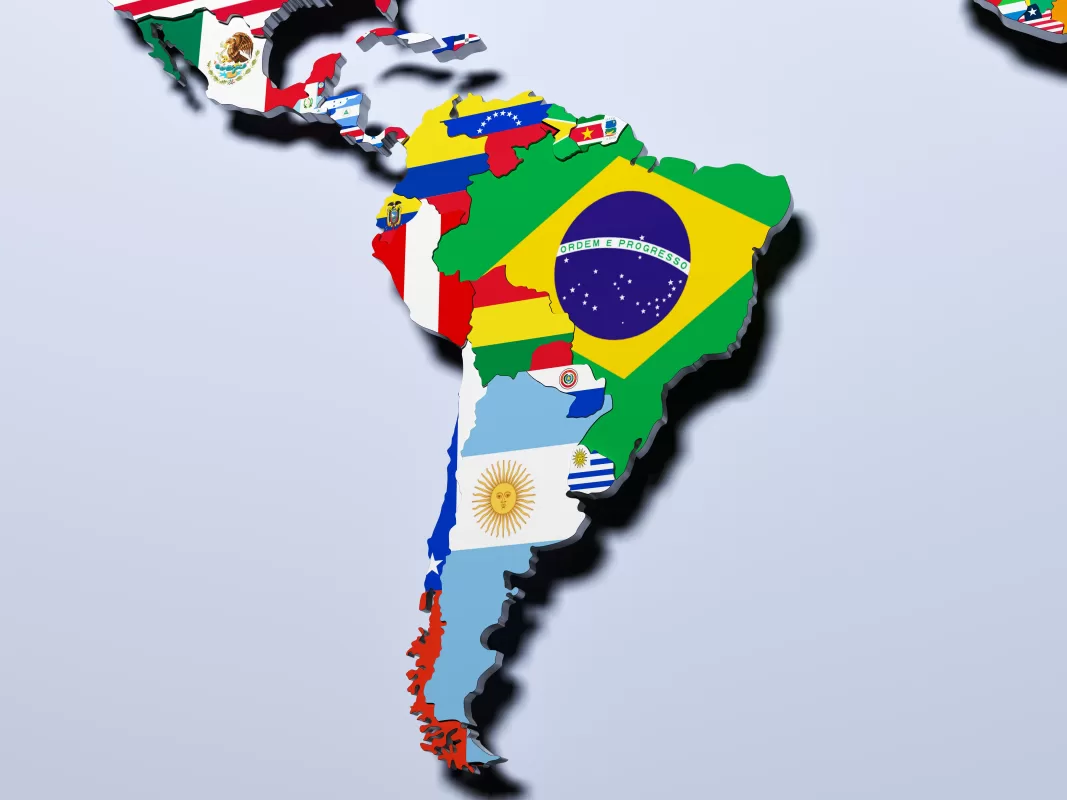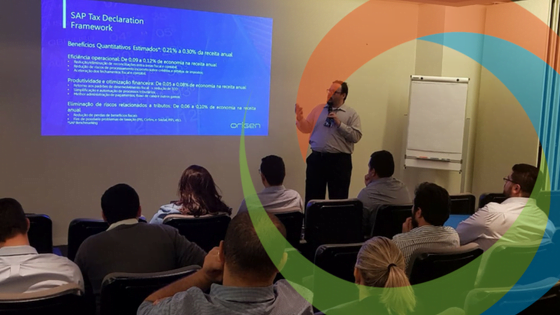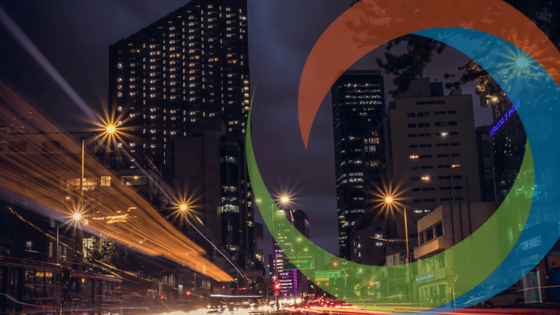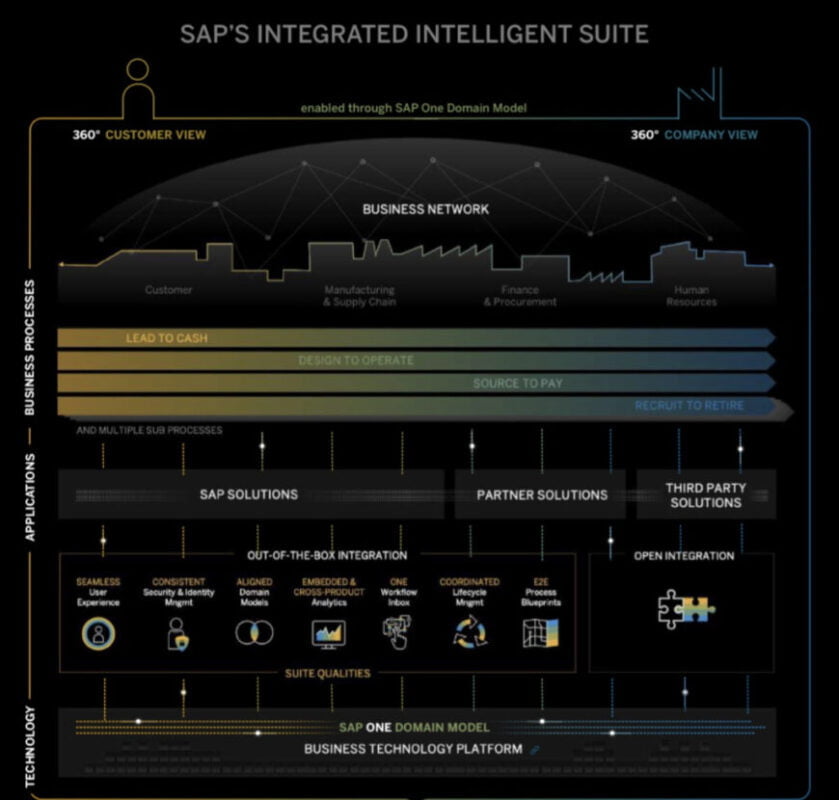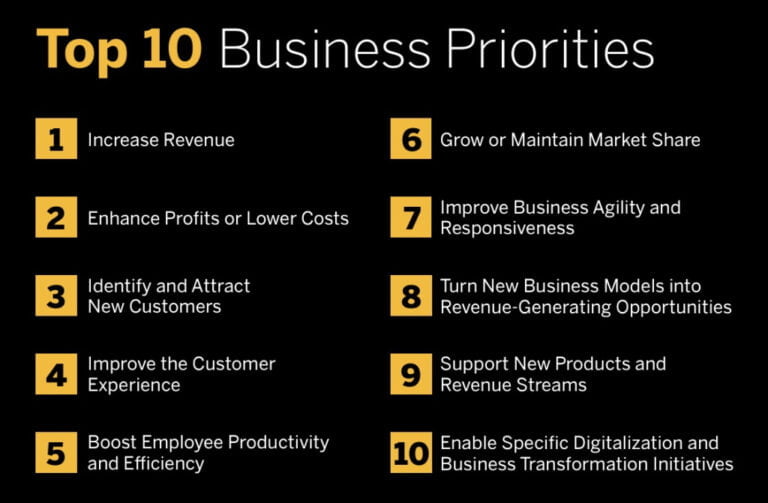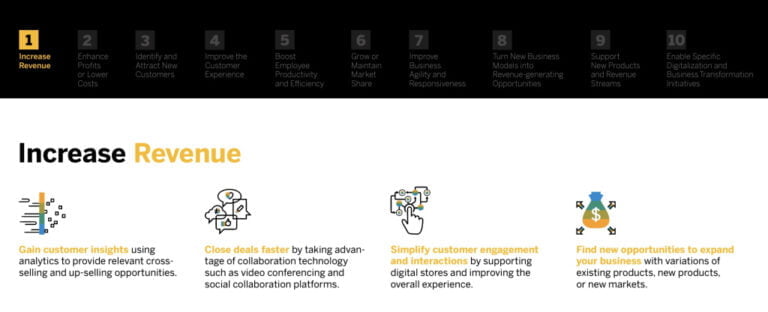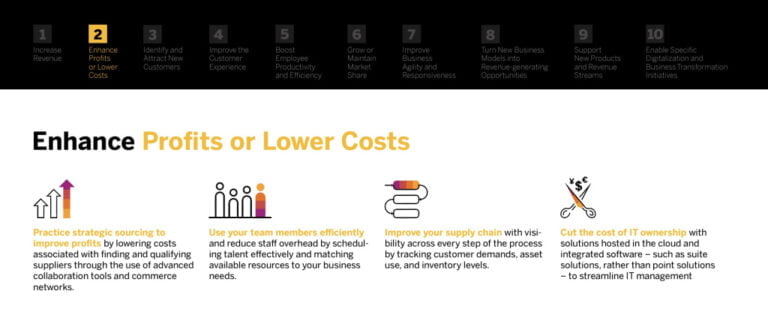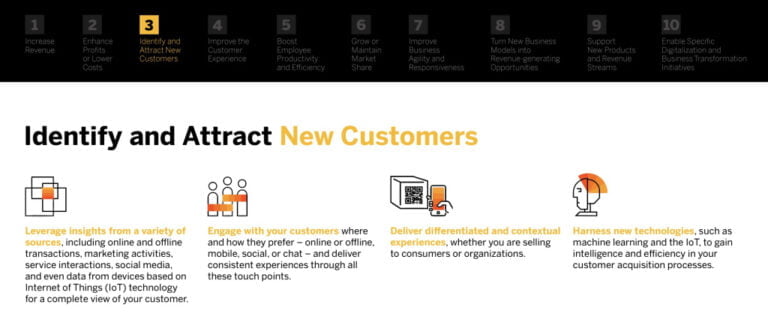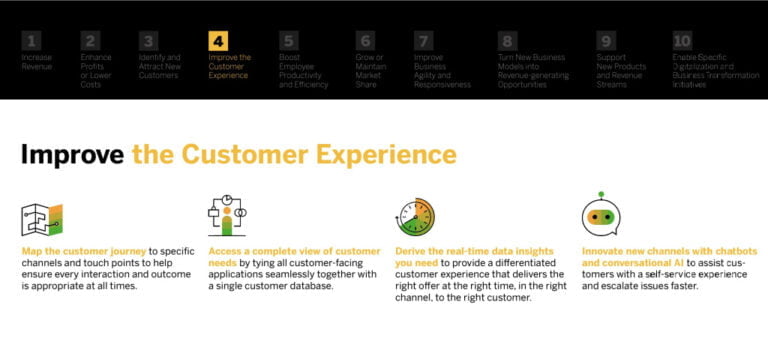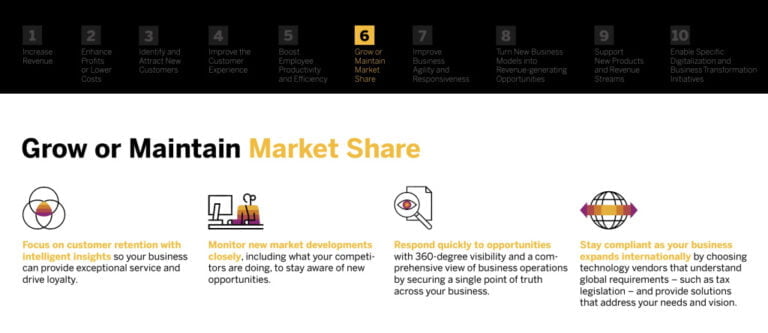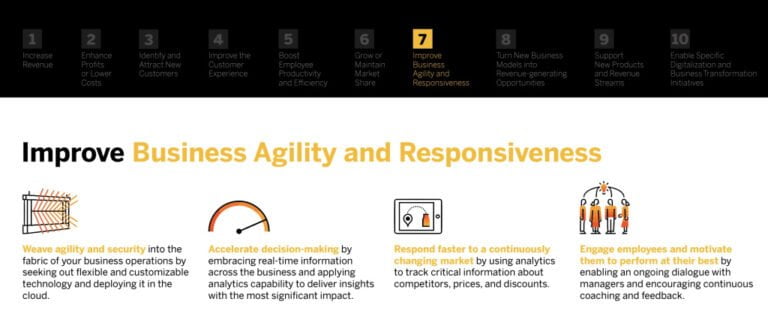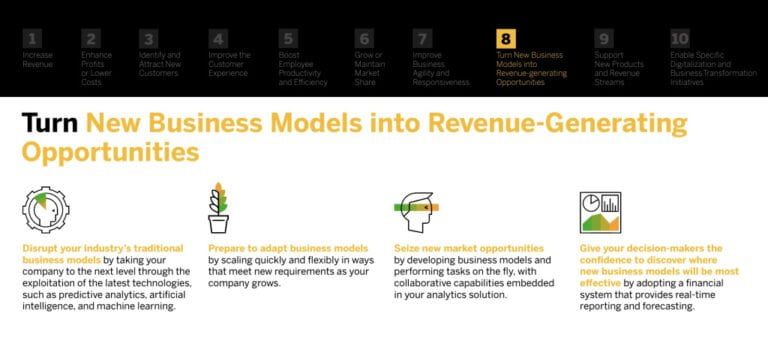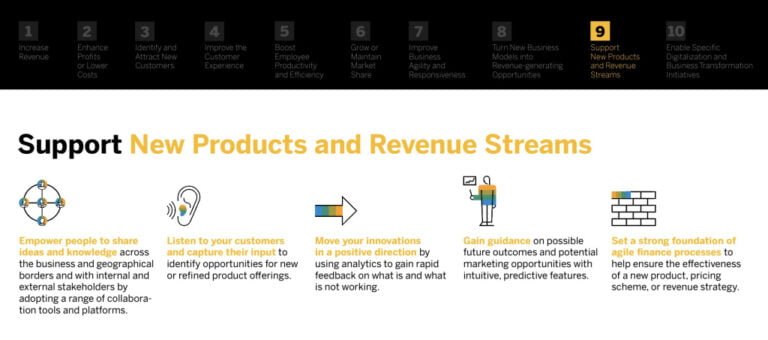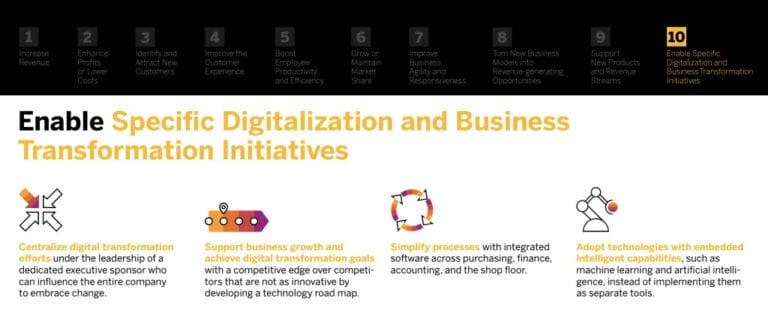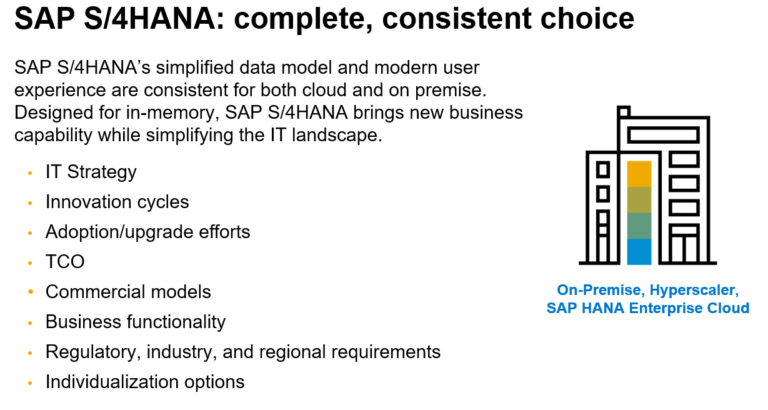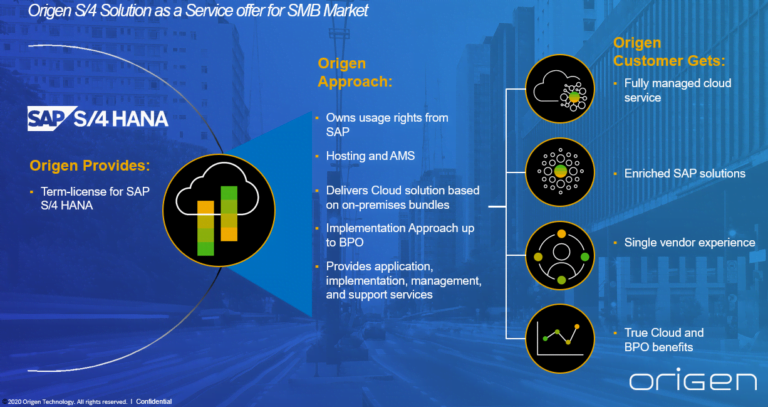Why implement SAP TDF before S/4HANA?
Why implement SAP TDF before S/4HANA?
As we plan for the future, many companies that run SAP will migrate to S/4HANA in the coming years for a simplified and innovative structure of finance, accounting, procurement, and other key business areas. This new version of SAP connects your business operations across all business units providing real-time data when and where you need it and, above all, helps maintain governance, which is vital for proactive and accurate decision-making.
Does your company also want to migrate to S/4HANA?
As every company will be part of this digital transformation in the near future, we have some tips below about how to plan for a smoother migration if you implement SAP TDF and our Origen Certified SAP TDF Partner solution component.
SAP TDF is a HANA-based solution that was built to help companies manage the complex Brazilian tax and fiscal reporting environment and stay in compliance with the submission of legal obligations through a single repository of organized and updated information.

Here are some tips on how you can add value right away to your digital transformation initiatives by implementing the SAP TDF solution for your Brazil operations:
– By streamlining the legal reporting submission process for Brazil, tax areas become much more productive, information becomes more secure, and tax optimization programs are capitalized upon making it easier to justify the move to S/4HANA. With the implementation of SAP TDF, you not only ensure that the short-term fiscal needs of your company are met but also address long term needs by implementing a platform for agility and speed using a HANA-based solution for fiscal compliance.
– Many people that run SAP for their Brazil operations are still not aware that as of Q4 2016, SAP is no longer providing support for legal reporting upgrades since the time of the release of SAP S/4HANA on-premise edition 1511. See https://launchpad.support.sap.com/#/notes/2195701. Essentially, if you intend to stay on the SAP roadmap for legal compliance for Brazil, SAP is only providing current updates on the SAP TDF platform.
We have found when undergoing an SAP TDF implementation, an effort is made to promote a “back to standard” review of localization processes which helps you save on “throw-away” project hours that you would be spending on program maintenance that you would keep investing in ECC development to pay your taxes.
Consider this, when you migrate to the S/4HANA, you will be forced to reconfigure localization processes for Brazil regardless so why not upgrade to SAP TDF and take advantage of the benefits now and optimize your spend on the S/4 migration?
It is important to understand that S/4HANA has completely new table structures and this requires a reconfiguration effort during an ECC to S/4HANA migration.
– Brazil has one of the most complex tax regimes in the world. An average company in Brazil spends 2,600 hours/year to prepare and pay taxes, the next most complex country is China where an average company spends 504 hours- that is 5 times less complex! One needs to anticipate the hours that you will spend during a typical S/4HANA migration project and then consider the potential impact this can have on a Brazil rollout/deployment such as overloading your project team, increasing the risk of mistakes, and compromising the migration project as a whole is part of a global Implementation schedule.
Here are some points to consider specifically for Brazil when undergoing a S/4HANA Migration project:
– The reality is that regardless of whatever fiscal reporting management software you are using today (SAP or 3rd Party), a new version of that software or new software will need to be implemented given the new table structures of S/4. If you are going to go through this recalibration effort regardless, doesn’t it make sense to at least investigate SAP’s standard solution for Brazil fiscal compliance as a potential option? It may also afford you the opportunity to see the benefits of HANA’s speed and agility without having to commit to a deep dive for the whole organization.
– Implementing SAP TDF as an intermediary platform solution between your older SAP architecture and S/4HANA is a great way to reduce migration impacts by enabling you to introduce a new culture and knowledge of HANA environment/tools gradually without the pressure of a project the size and magnitude of a full ERP migration.
– Another great benefit of SAP TDF is in the case of mergers and acquisitions. SAP TDF has the ability to handle data from different SAP systems (ECC and S/4HANA) as well as external systems such as legacy 3rd party reporting solutions, other ERP’s or other HCM providers. Historical data that is sometimes needed for SPED reporting, the Federal Reporting Bureau for Brazil, can also be aggregated from multiple systems, analyzed and reported within the SAP TDF platform solution.
With a two-step deployment, starting with SAP TDF, many configurations can be anticipated and performed in advance eliminating the need of having to deal with two new systems at once (ERP and FISCAL), which will enable your company to reserve resources for the future to focus fully on implementing S/4 HANA and having the proper background and training in HANA by initially participating in an SAP TDF project.
This approach of first implementing SAP TDF will also allow you to learn more about SAP technologies that have been introduced in conjunction with S/4 such as SAP UI5 to run on browsers and devices based on HTML 5; SAP Fiori for a more work-friendly experience to the end-user, and Messaging Framework, a communication tool to send and return events.
Proper planning and instituting a game plan that takes into account all the implications needed for Brazil can lead to a very successful migration project. You can count on Origen to help you manage your S/4HANA migration and SAP TDF implementation needs creating a Safe Harbor passage for your Brazilian operations.
Why implement SAP TDF before S/4HANA? Read More »
